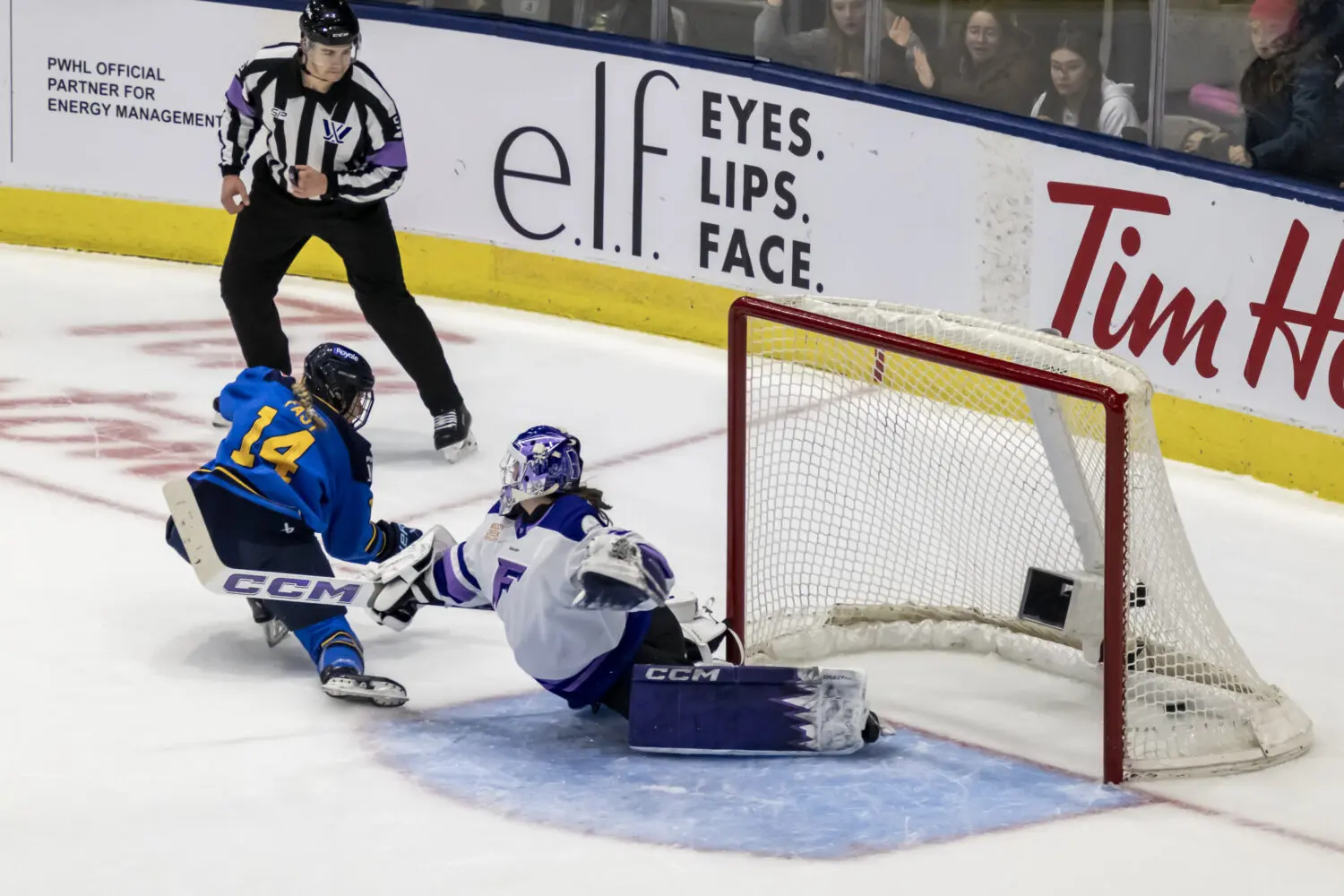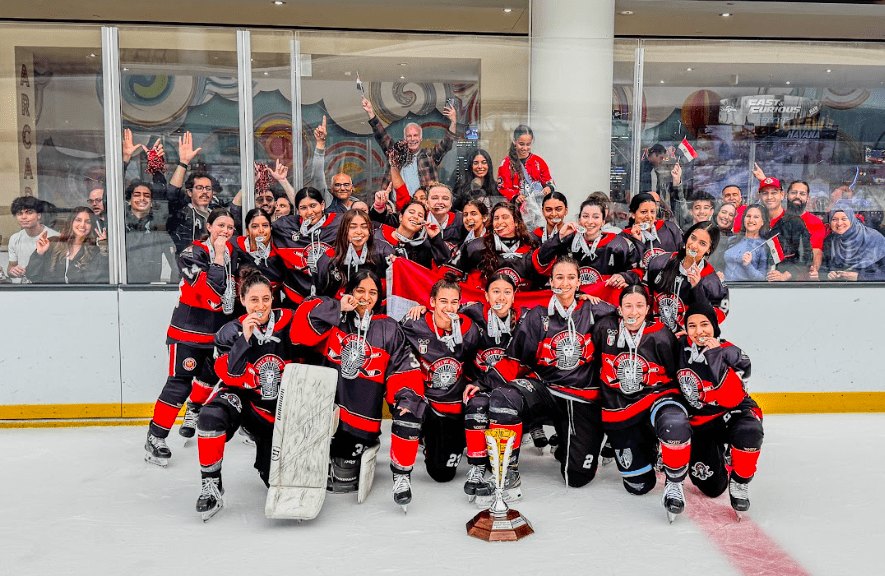
Since 1998, when women’s hockey first appeared in the Olympic games, two Asian nations have sent women’s hockey teams to compete in the Olympic tournament: China and Japan. Out of China’s three appearances at the Olympics, their best finish was in 1998, when they finished fourth, losing 4-1 to Finland in the bronze medal game. Japan has competed in two Olympics, making their first appearance in the tournament since 1998 in 2014.
Soon, a third Asian country – South Korea – will be competing in the Olympic tournament, which features the highest level of female hockey in the world. In 2018, South Korea will be sending a women’s and a men’s ice hockey team to the Winter Olympics. The 2018 Olympics will be taking place in PyeongChang, Korea, and the Korea Ice Hockey Association has put forward a $20-million development plan to improve their teams in the time leading up to the Olympics.
South Korea’s women’s team is currently ranked 23rd in the world, much lower than the previous Asian nations to compete in the Olympics, Japan being currently ranked 8th and China 16th. Despite this apparent disadvantage on paper, the women playing for South Korea and the Korea Ice Hockey Association are determined to make the best out of this opportunity and to use it to improve upon and promote ice hockey in Korea.
Out of the nation’s population of 49,039,986 people, there are only 177 female ice hockey players in South Korea, approximately 21 of which are chosen to compete in the World Championships. Susie Jo is one of these women who is currently part of the South Korean women’s ice hockey program. While initially Jo was drawn to short track speed skating after seeing a South Korean skater win an Olympic gold medal, she ended up playing ice hockey in grade six instead, becoming the only female player on a team called the “Futures.”
“When I was younger I played on the club team just for fun,” Jo said. “There was no women’s ice hockey club team in Korea except for the national women’s team.”
While Jo was unable to play ice hockey in grades eight and nine because it was difficult to play the game while going to school, she picked hockey back up in grade 10 after moving to Vancouver, Canada. There she joined an ice hockey club called the Vancouver Scorpions, which is based out of the arena at the University of British Columbia and run by Korean coach John Huh.
Huh ended up playing a large role in Jo’s life at the rink. “[Even though] I moved [back] to Korea to play for the national team, I still call him and get his advice and lots of motivation to get better on Team Korea.”
Jo also found some female hockey teams to play on during her time in Vancouver. She played for her high school’s team and for the Vancouver Angels midget team, playing pivotal roles on both. Other players on the Korean women’s team have experience playing in Canada as well. Jongah Park and Ye Eun Park have trained with the Ontario Hockey Academy and goaltender Sojung Shin plays for St. Francis Xavier University in Nova Scotia.
Since moving back to Korea in 2012, Jo has played for South Korea’s national team in four IIHF world championships. In the 2013 Division II Group B Women’s World Championships Jo had two goals and two assists in four games; this tournament was pivotal for Korea, as they won the tournament and were promoted to Division II Group A. Most recently, at the 2015 Division II Group A Women’s World Championships, Jo contributed four goals and two assists in five games. South Korea finished third, losing only to Kazakhstan and Great Britain.
Now Jo and her teammates are focused on the 2018 Olympics. Former NHLer Jim Paek is overseeing the entire South Korean national team program and Canadian Sarah Murray is overseeing the women’s team.
“When I came to Korea, I didn’t really know what to expect,” Murray told Martin Merk of the IIHF. “My first impression of these girls is that they love to play the game. They all show up to the rink smiling and eager to learn every day.”
The women’s team has practice days that last from 4:00pm to 10:00pm, which involves two hours of off-ice training and two hours of on-ice training. They have also travelled to Finland and Minnesota for training camps and exhibition games.
“Korea’s ice hockey has to improve a lot in order to achieve our goal in the 2018 Olympics,” Jo said. “However, I believe we can definitely do that [if] we practice hard and prepare well for it.”
“Obviously, the girls know how much work and pressure there is to perform well in PyeongChang,” Murray told Martin Merk of the IIHF near the beginning of her tenure as coach of the women’s team in 2014. “But right now we are trying not to get too far ahead of ourselves. We are taking the next four years one season at a time.”
[adrotate group=”1″]
Related Articles
Categories
Recent Posts
[adrotate group=”2″]




